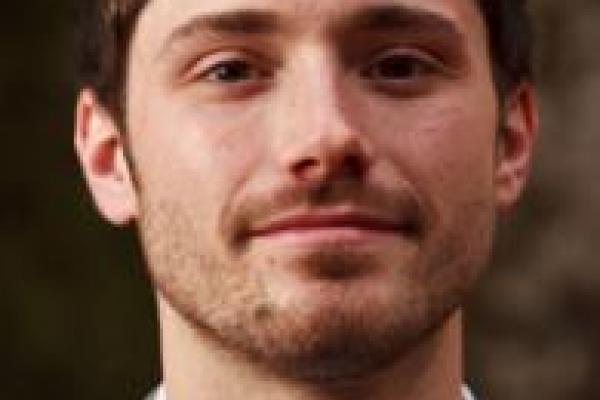
Abstract: Electron motion is a key ingredient of all chemical reactions. It is also the means by which light energy is harnessed in photochemistry. The natural timescale for such electronic motion is set by the electron's binding energy to be in the range of tens to hundreds of attoseconds. One of our goals at the Stanford PULSE Institute is to track the evolution of electrons on this natural time scale, in order to more clearly understand the earliest processes involved in chemical change. In this talk, I will present our recent progress in developing high-energy, short-wavelength laser pulses as well as new experimental techniques to study matter on such an extreme timescale. I will also present our recent work using these same short wavelength sources to probe slower, few-femtosecond, molecular dynamics which occur after photoexcitation by short laser pulses.
